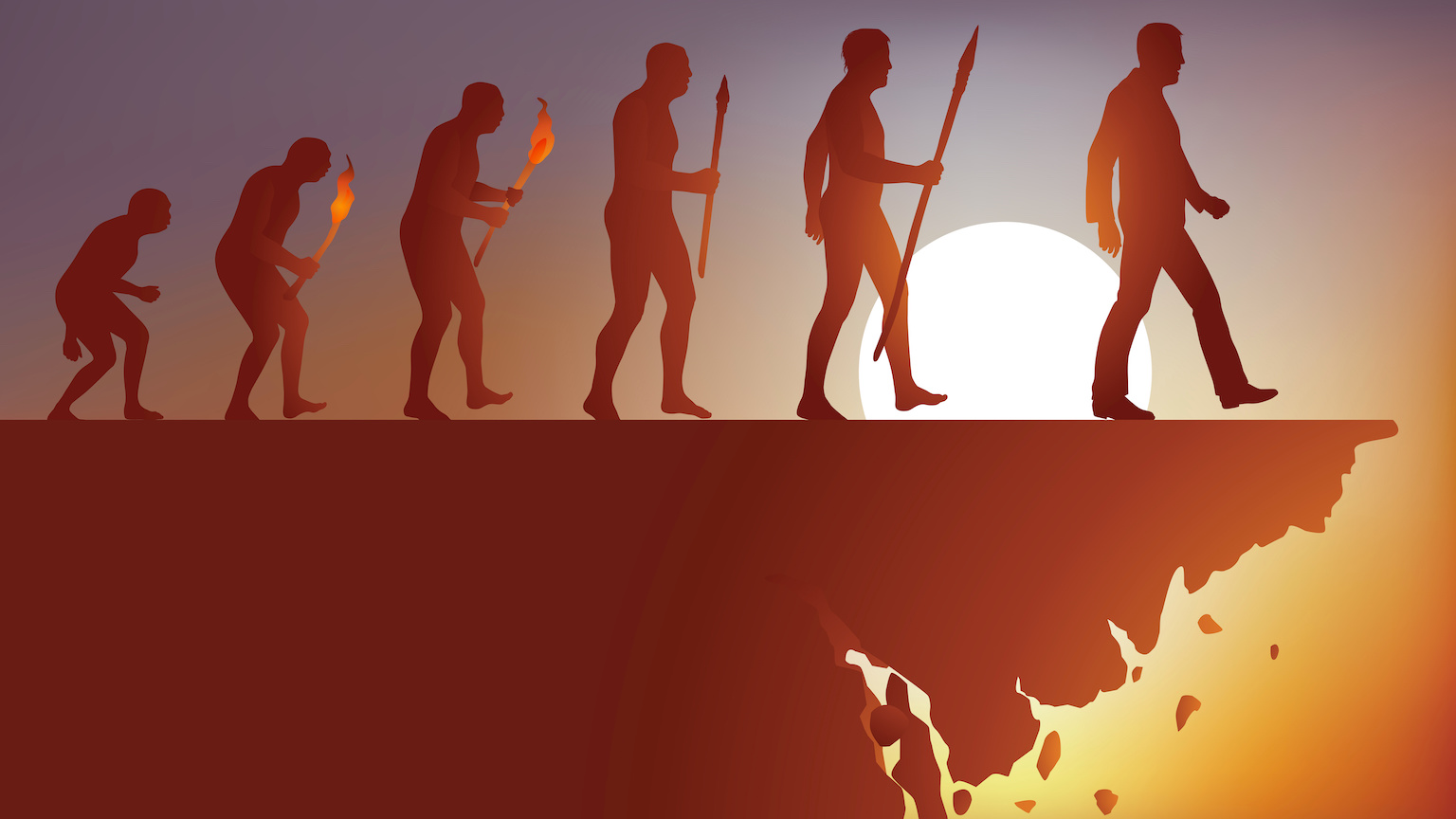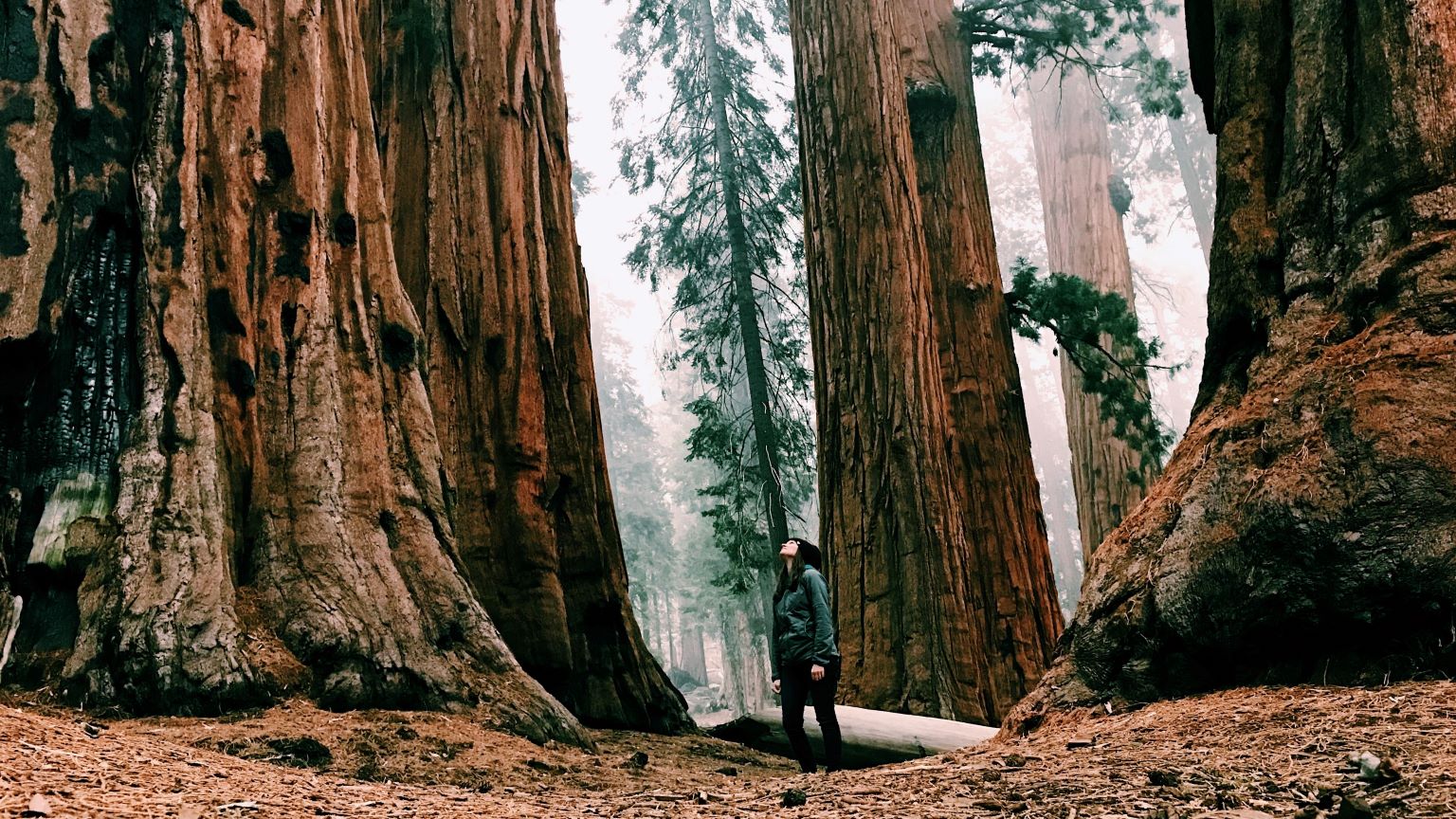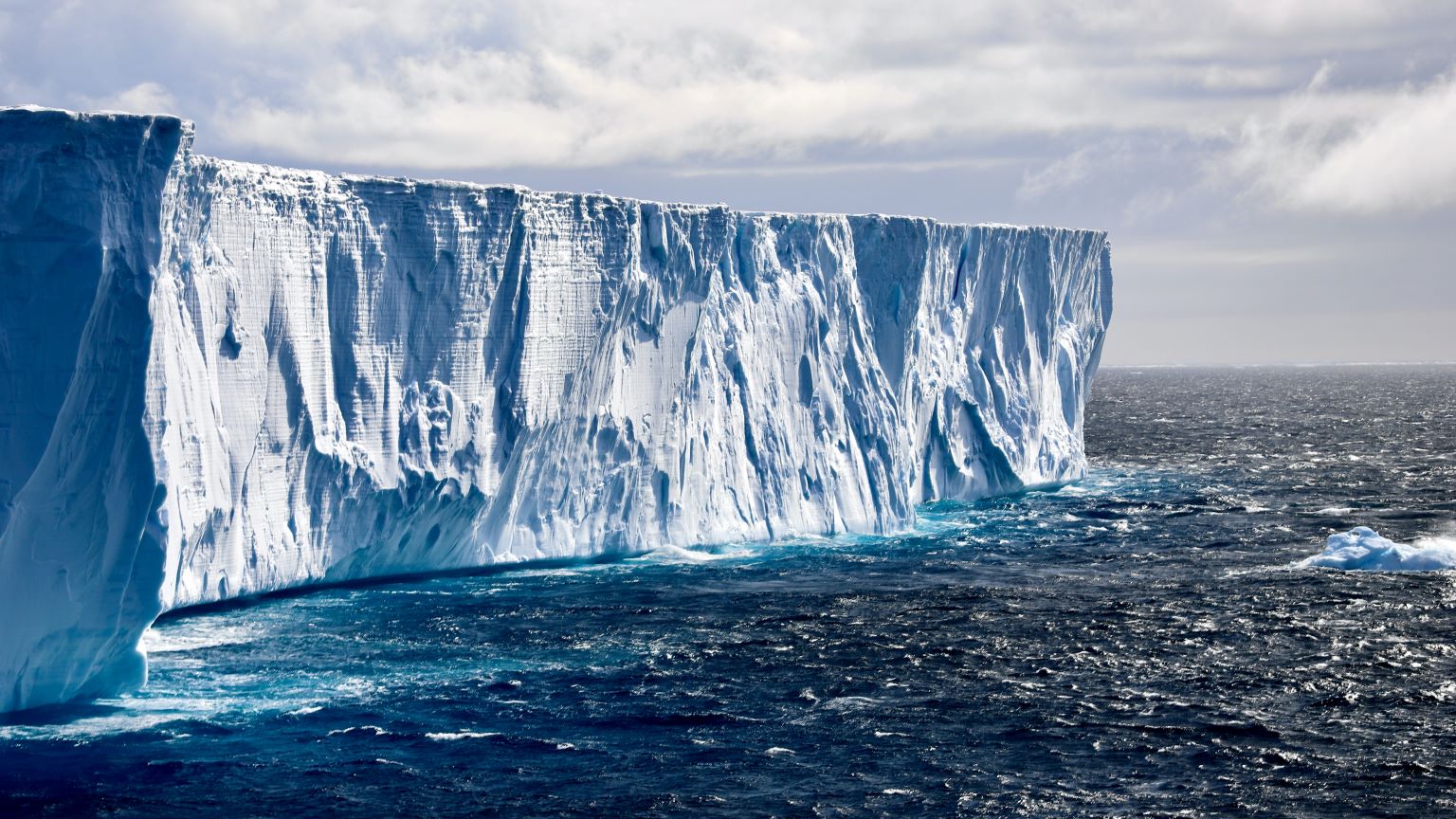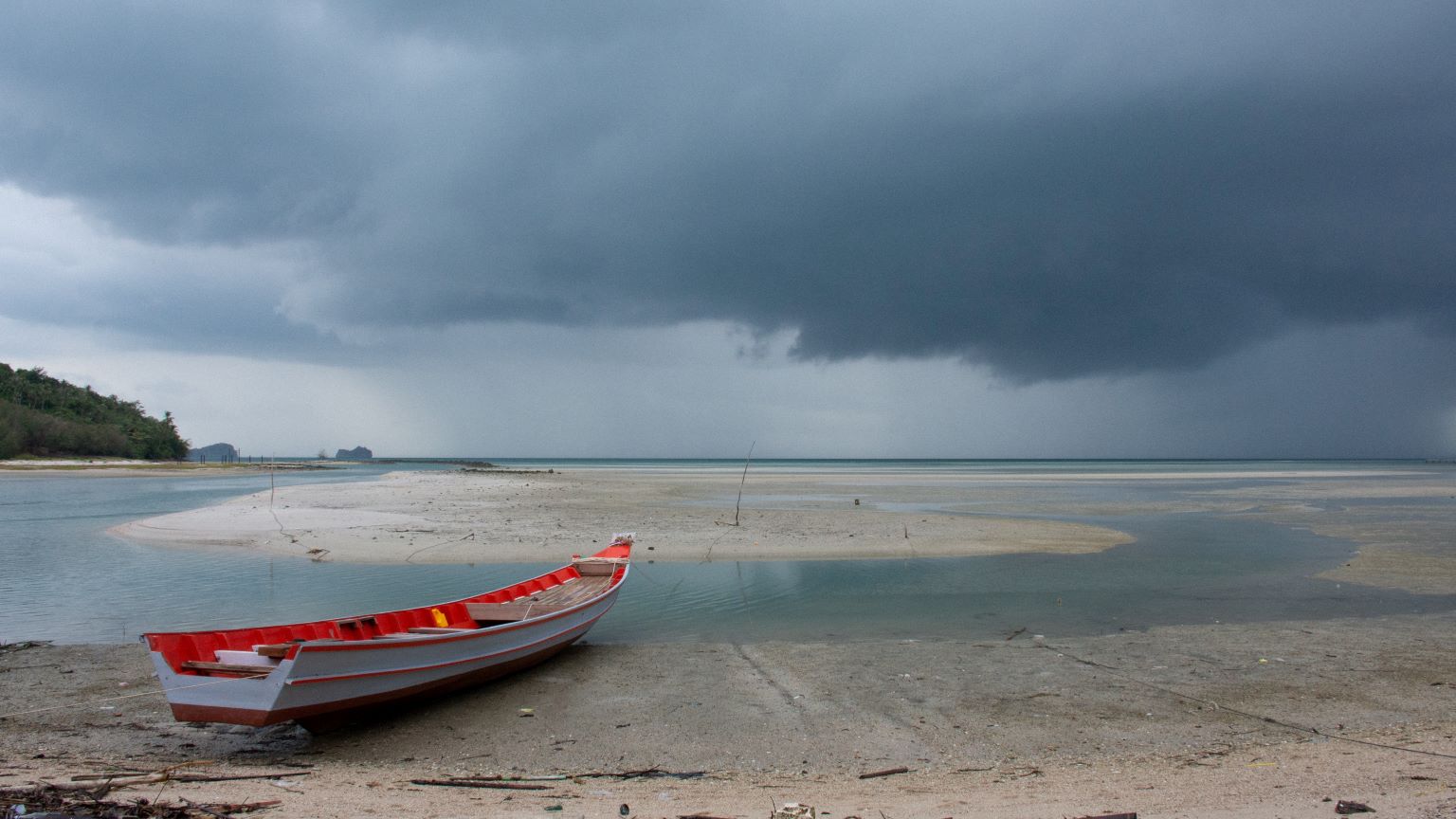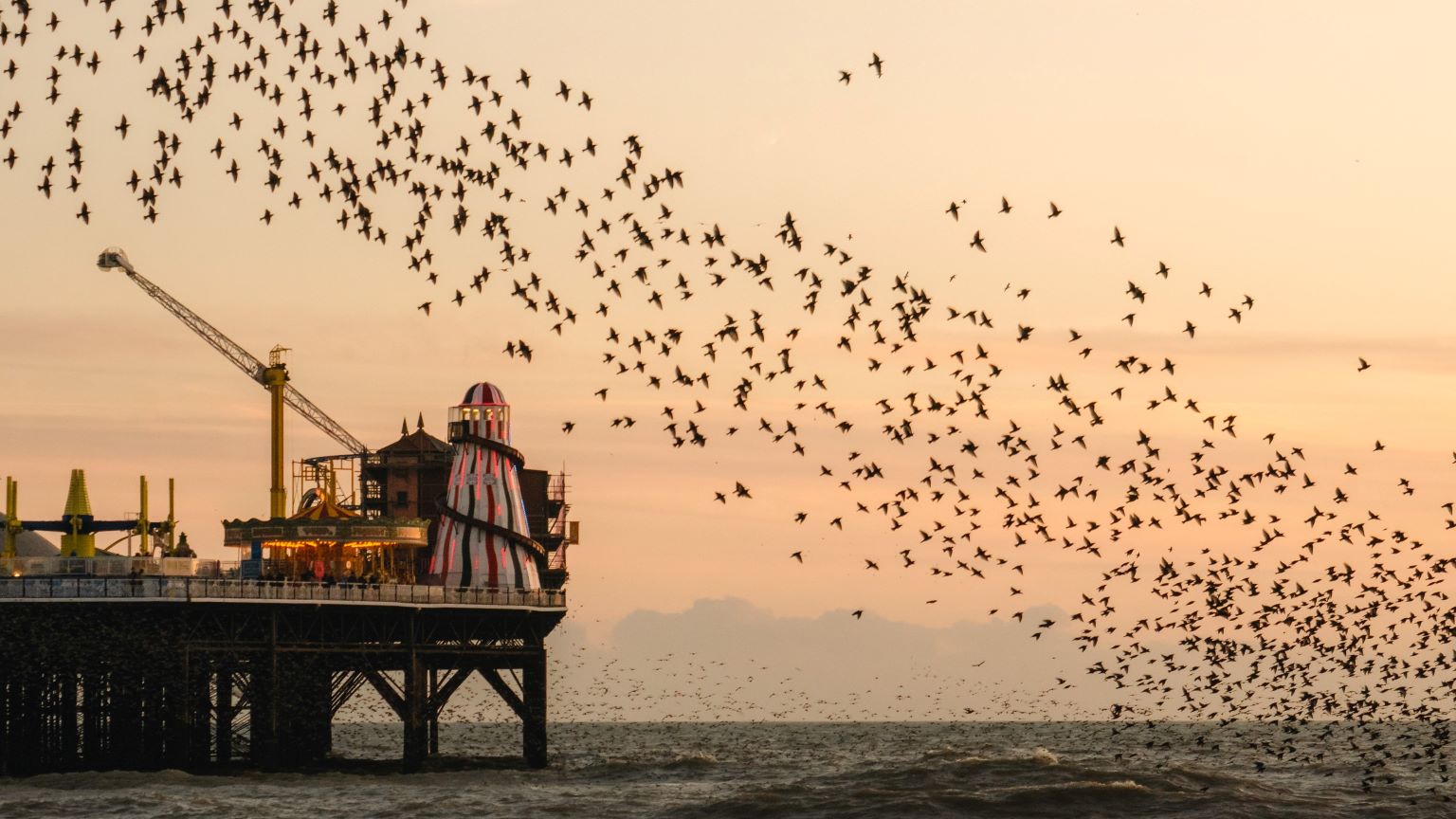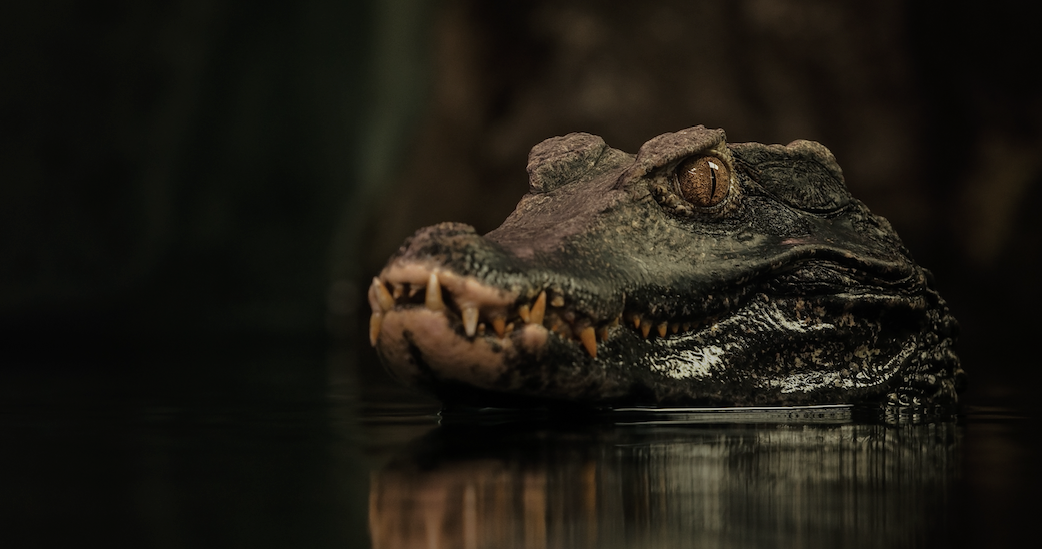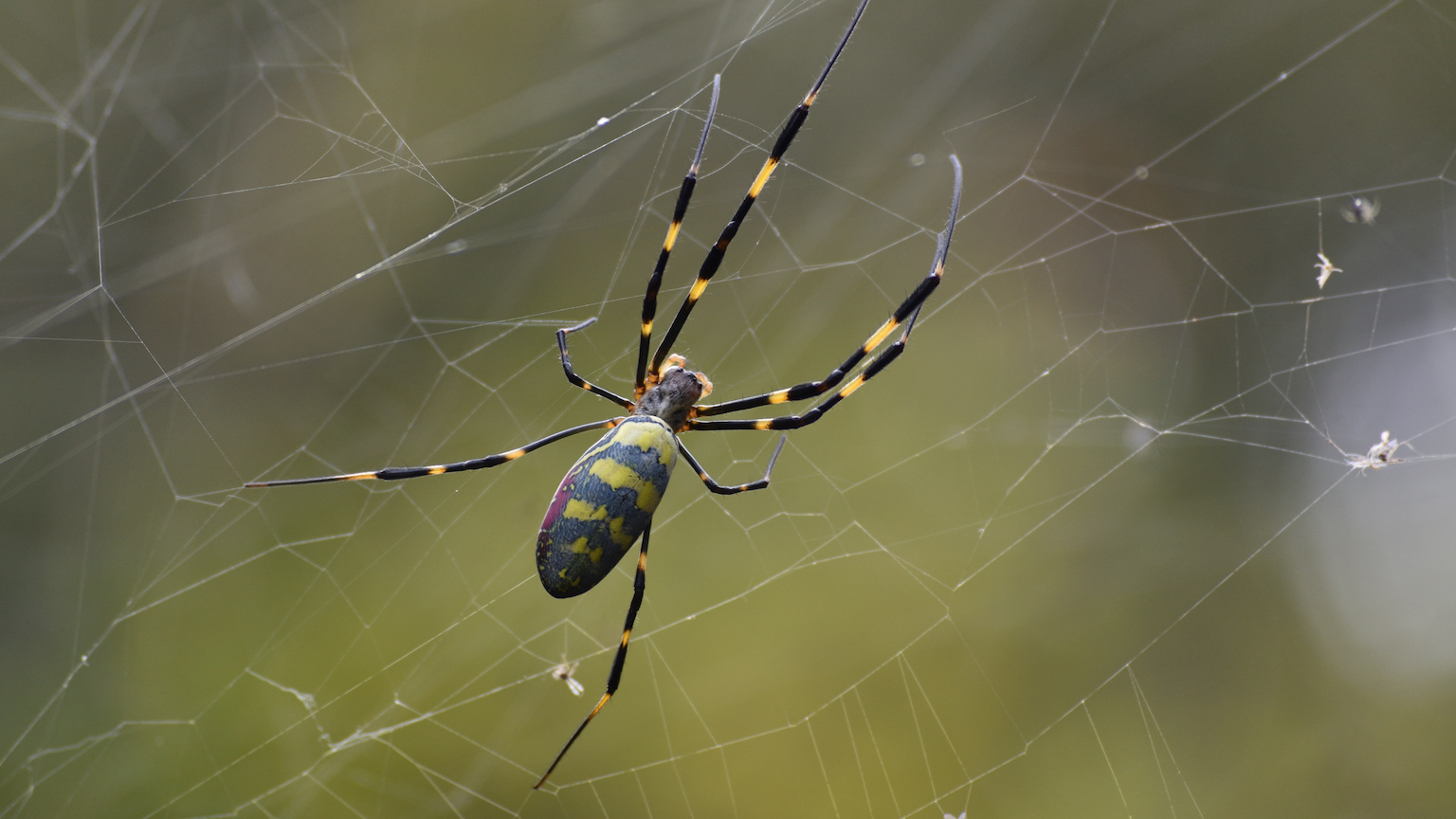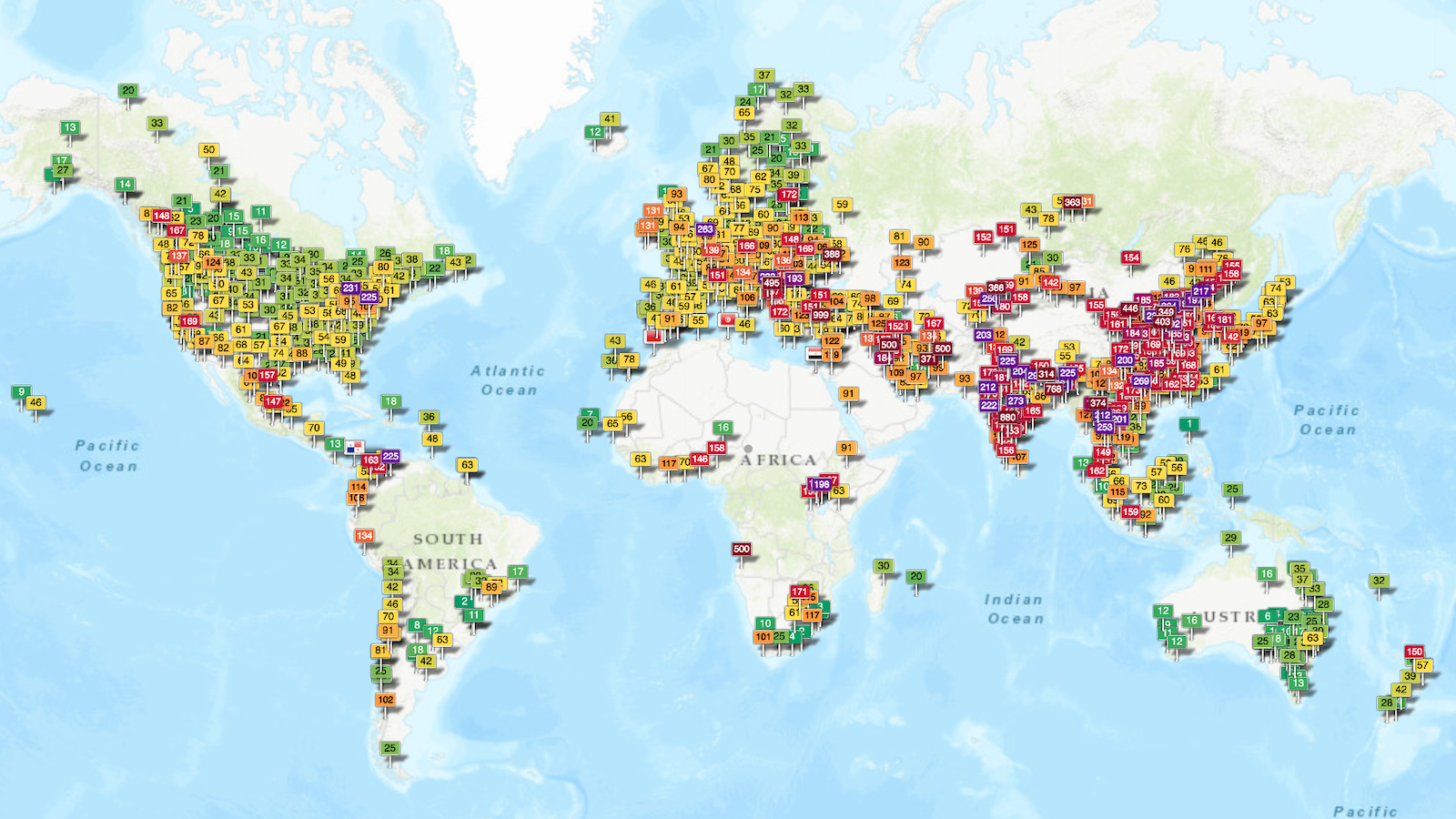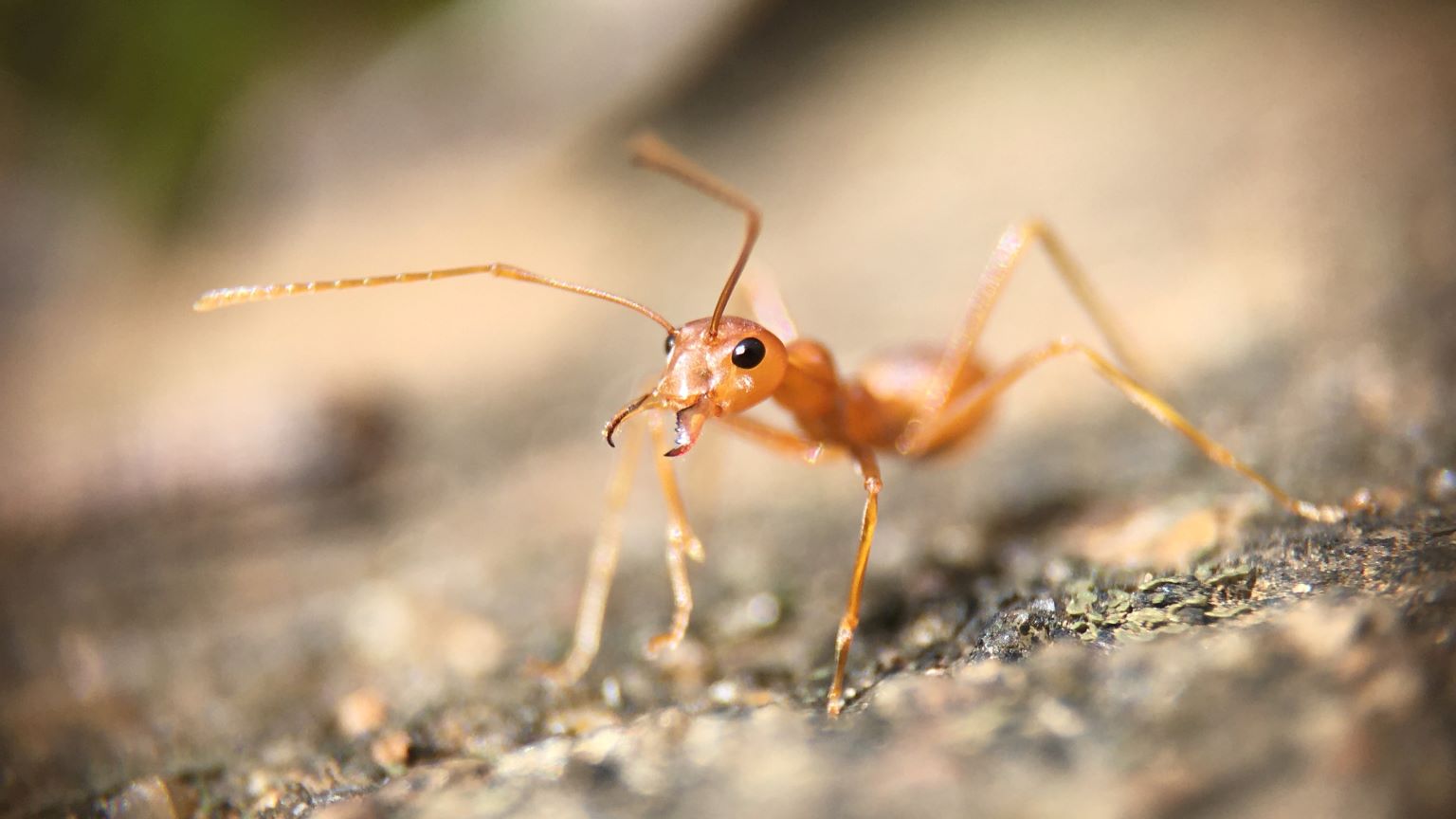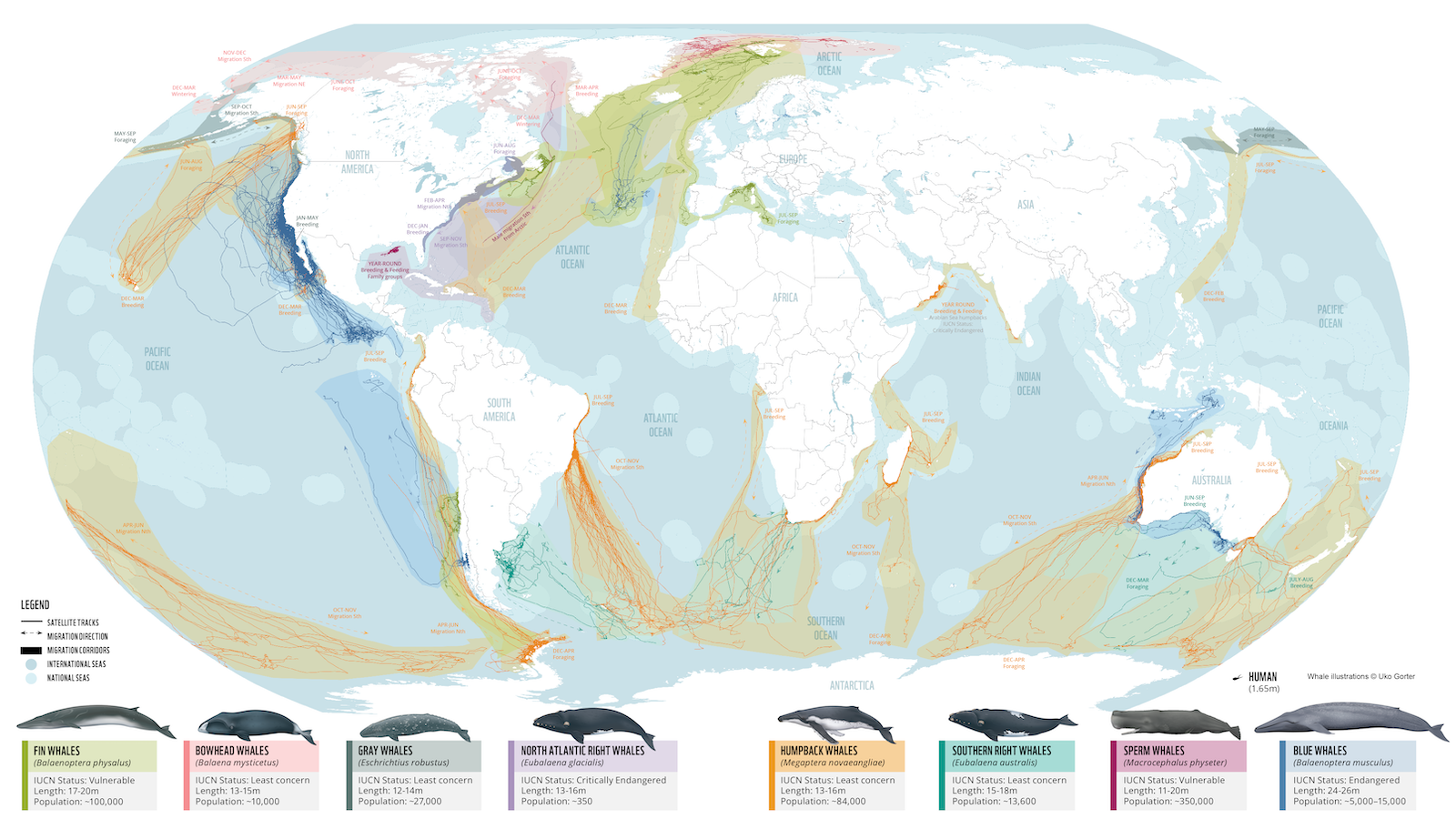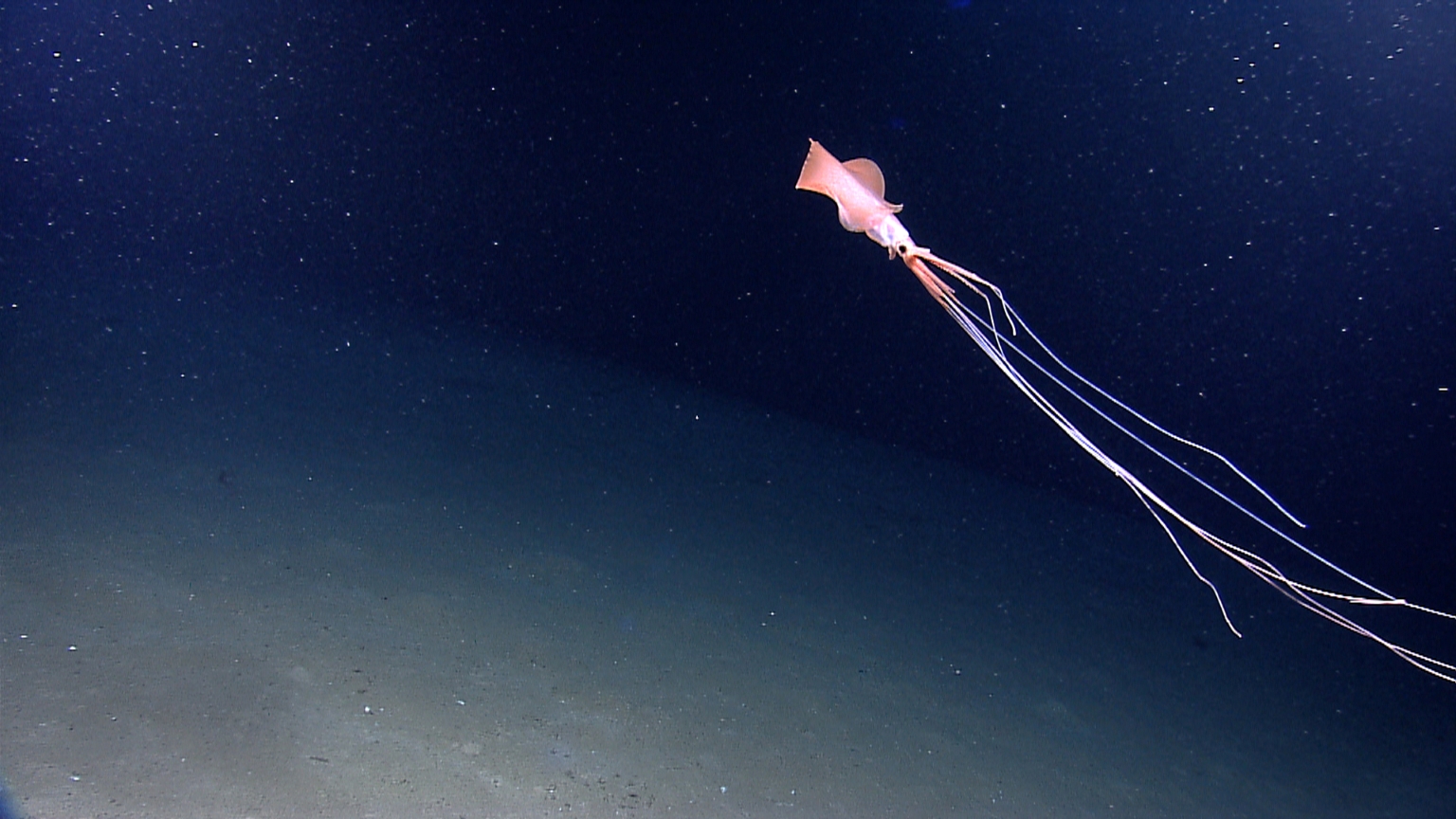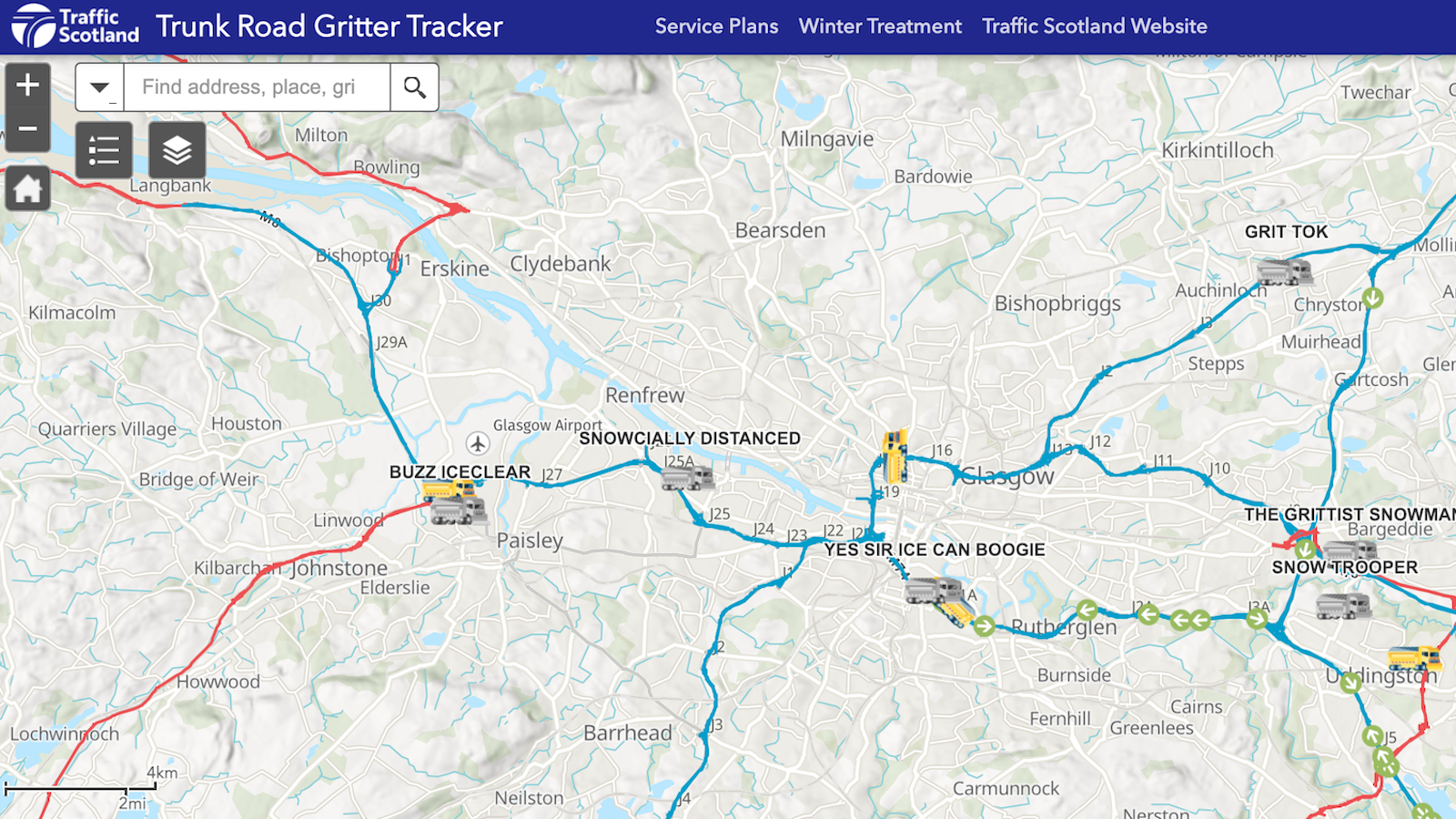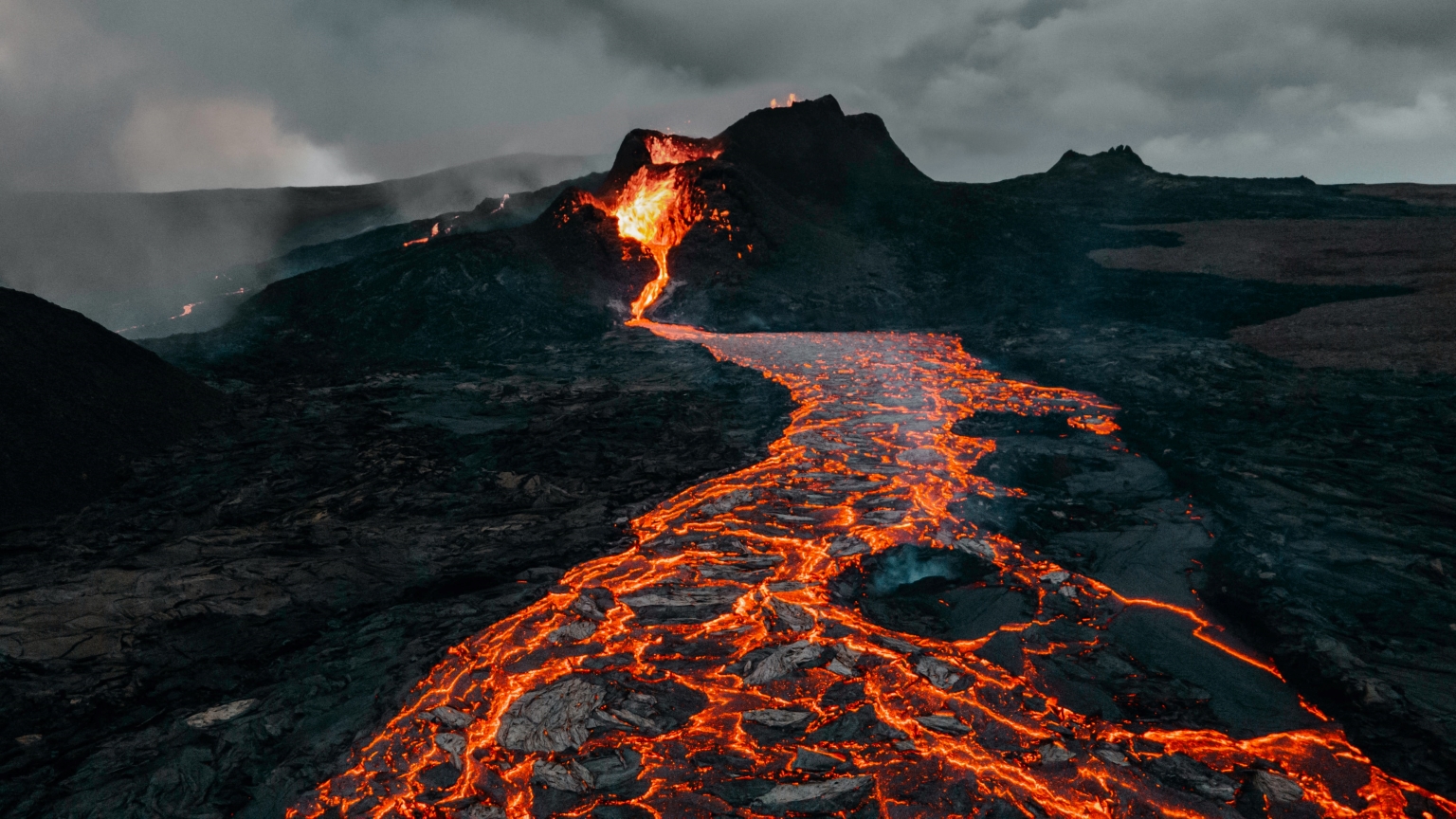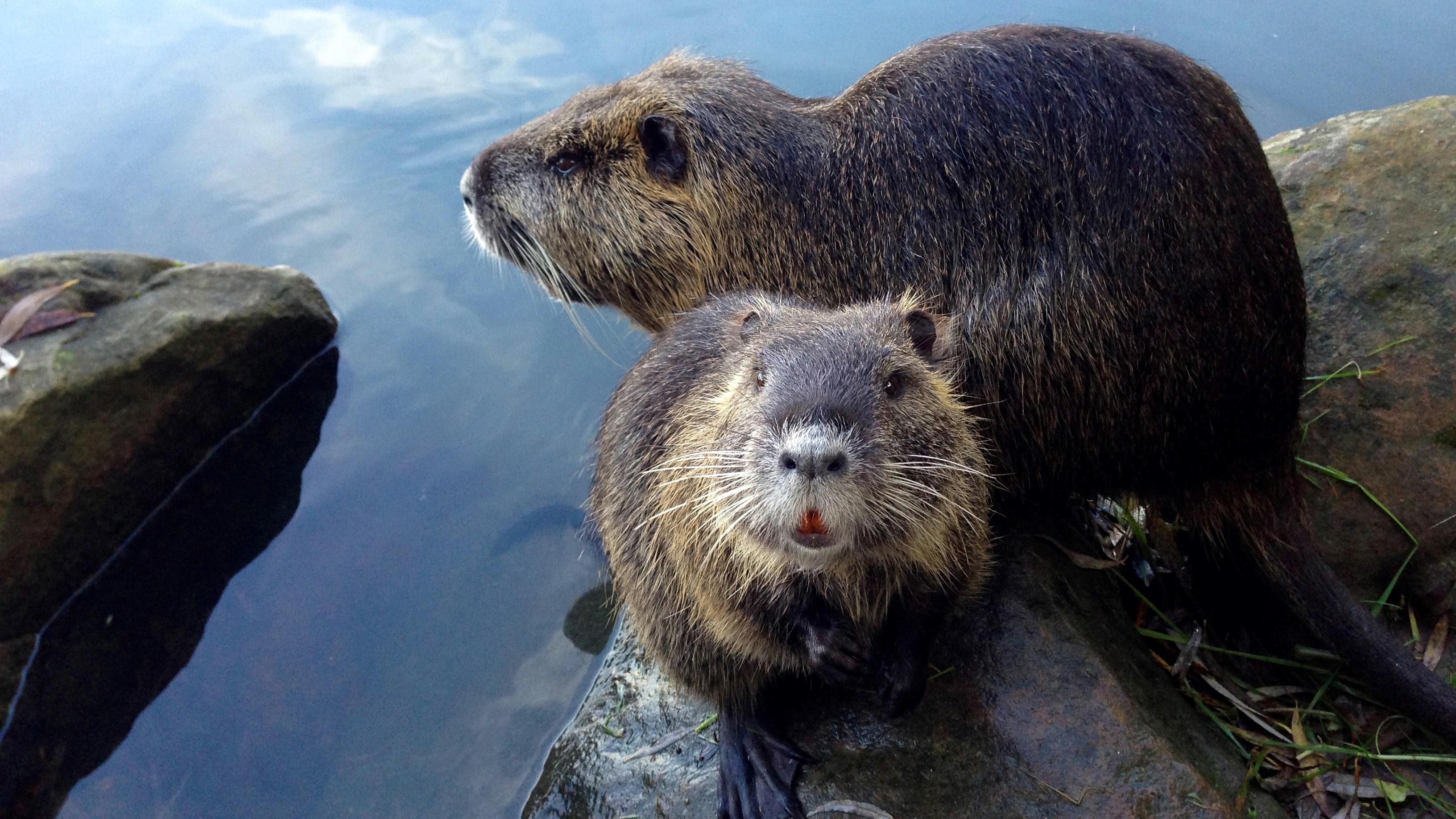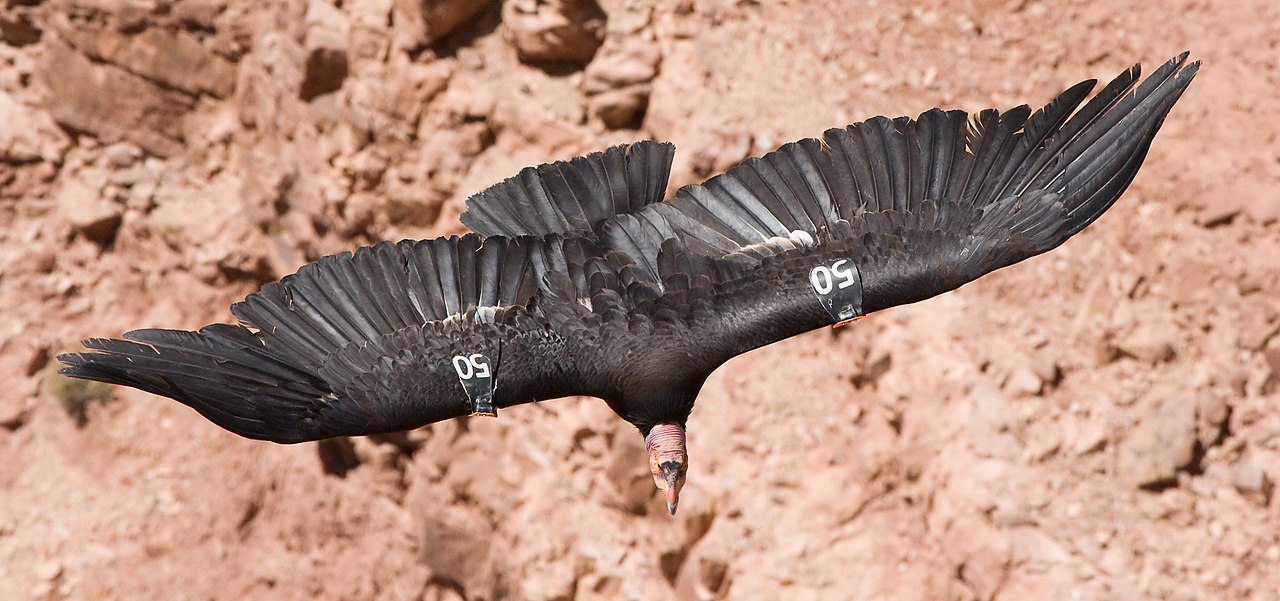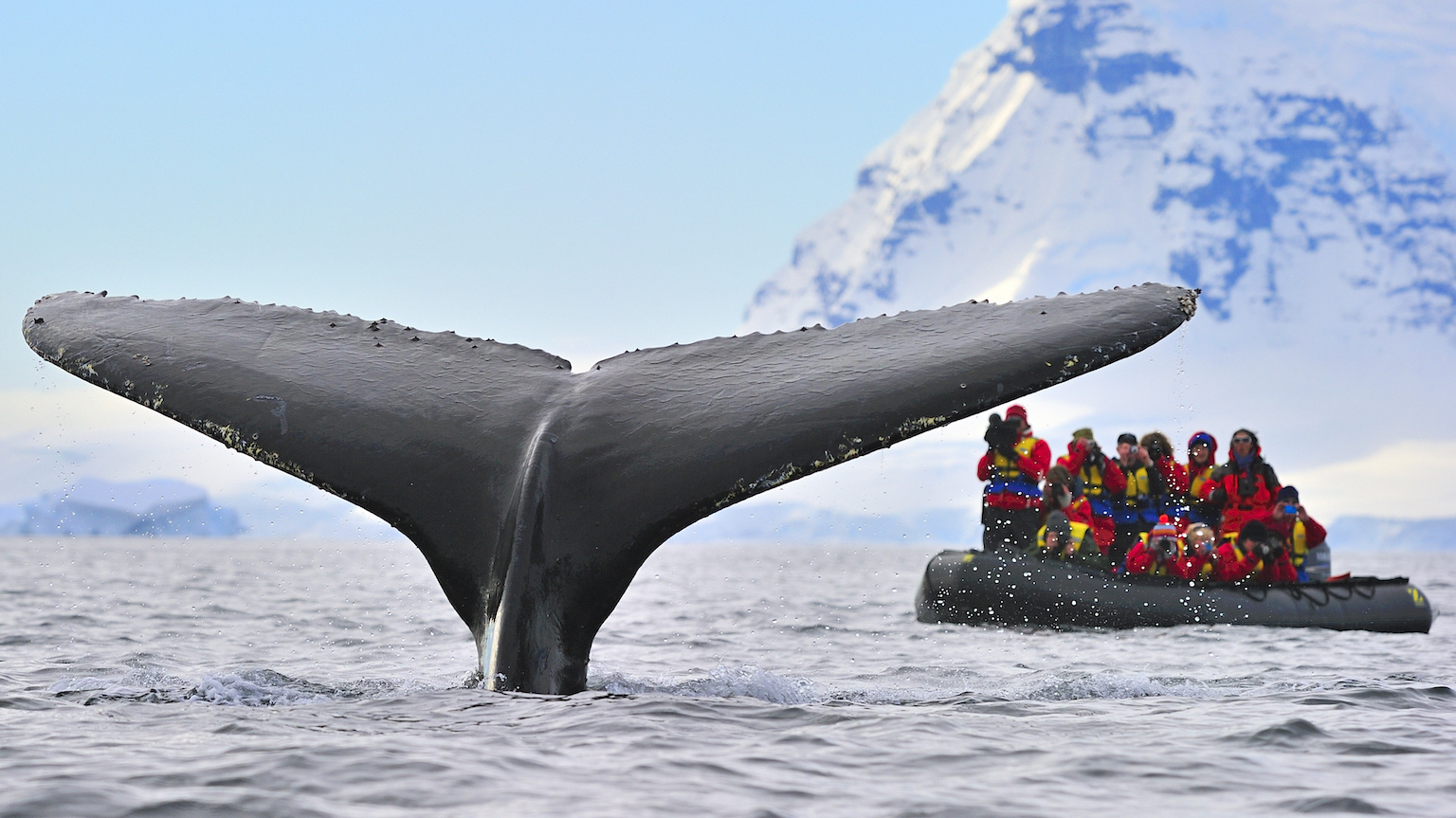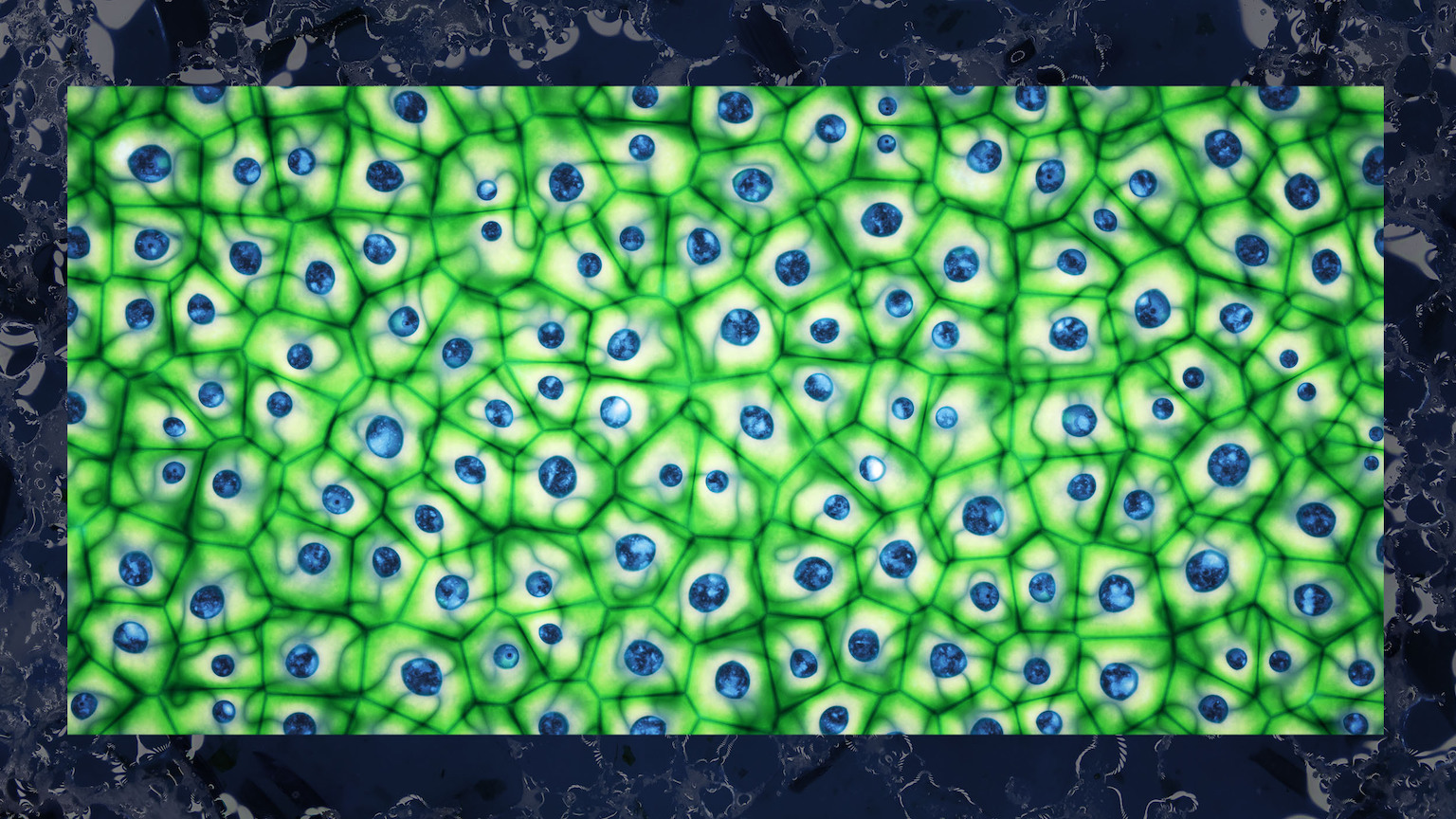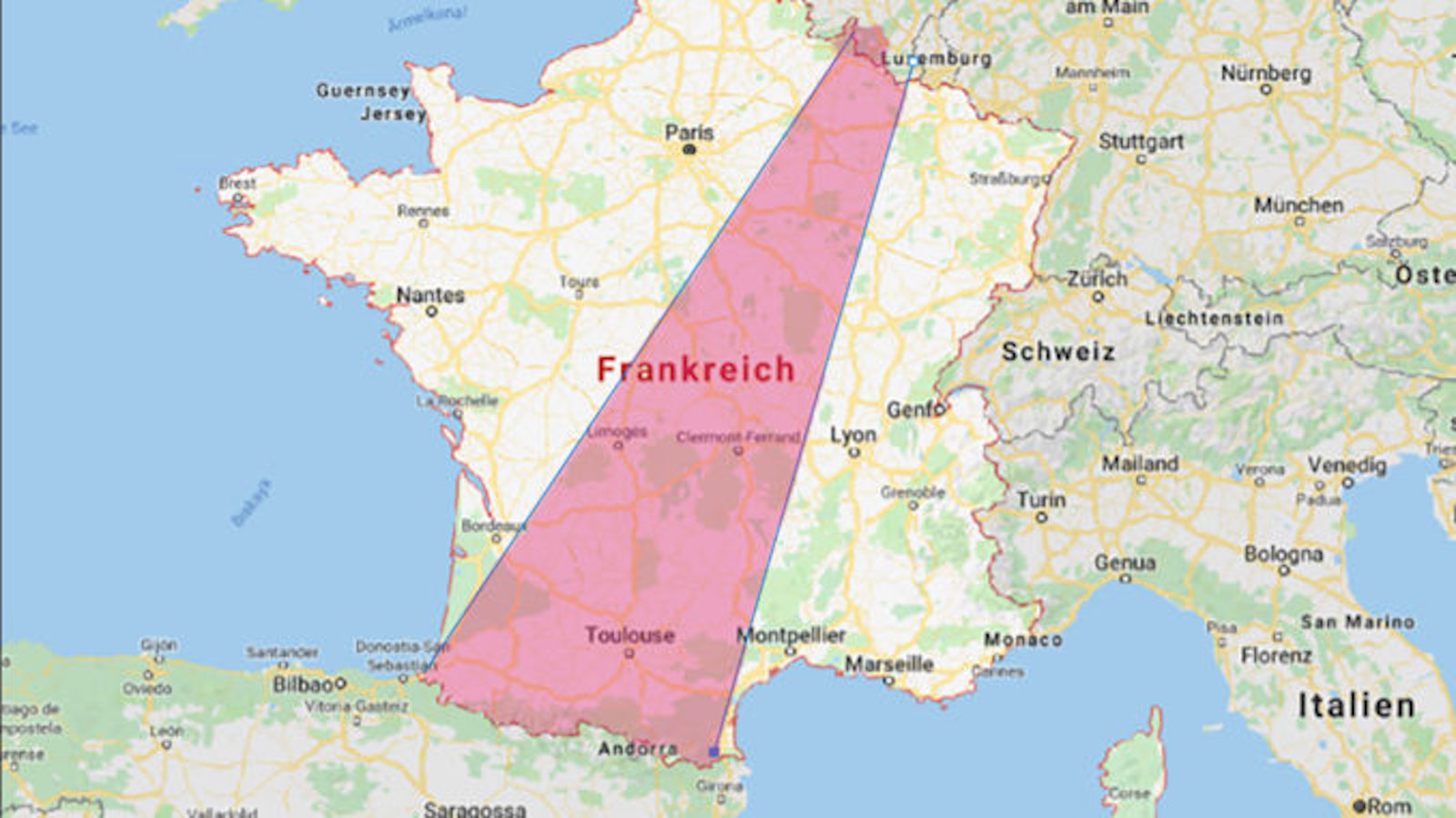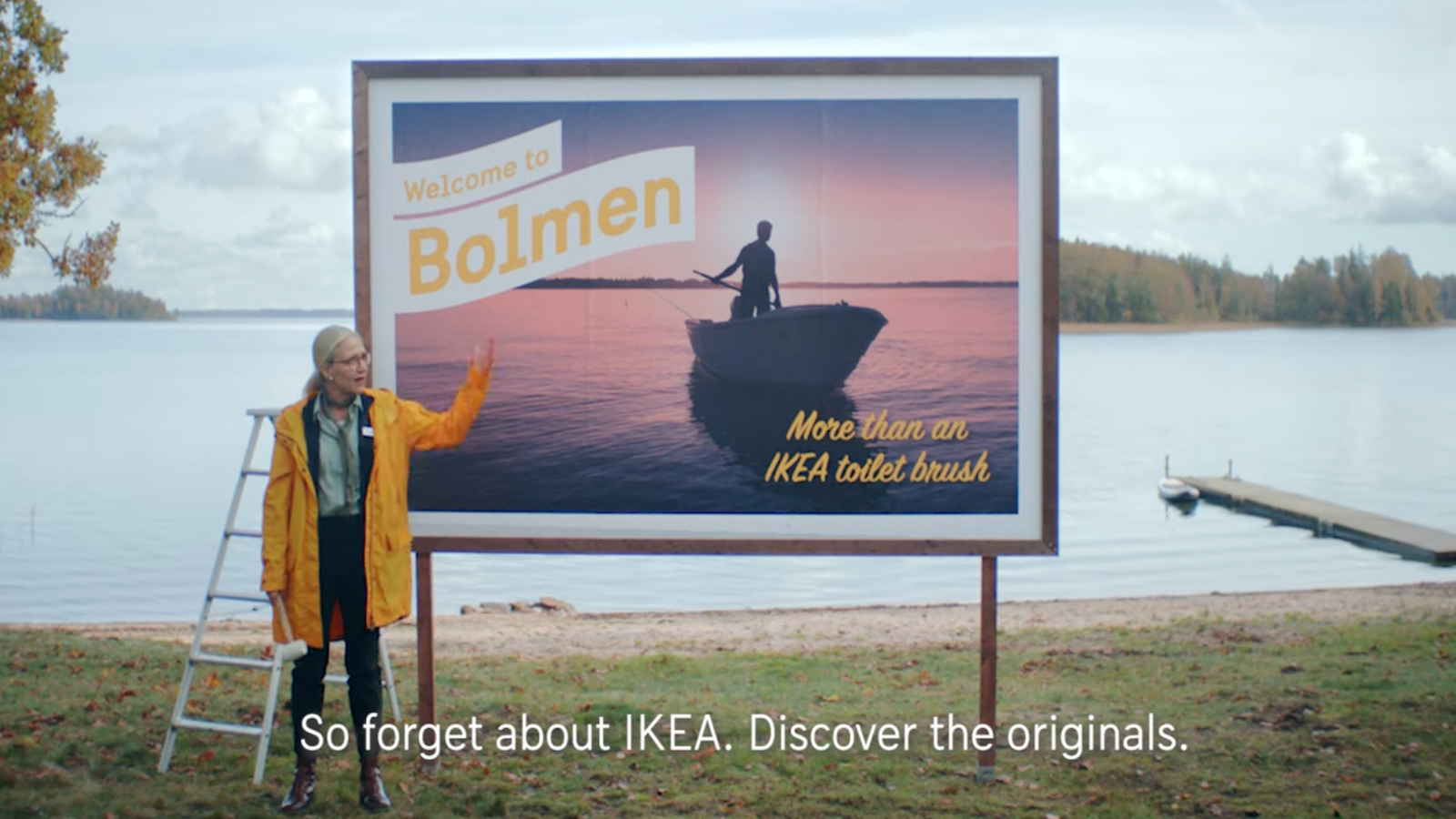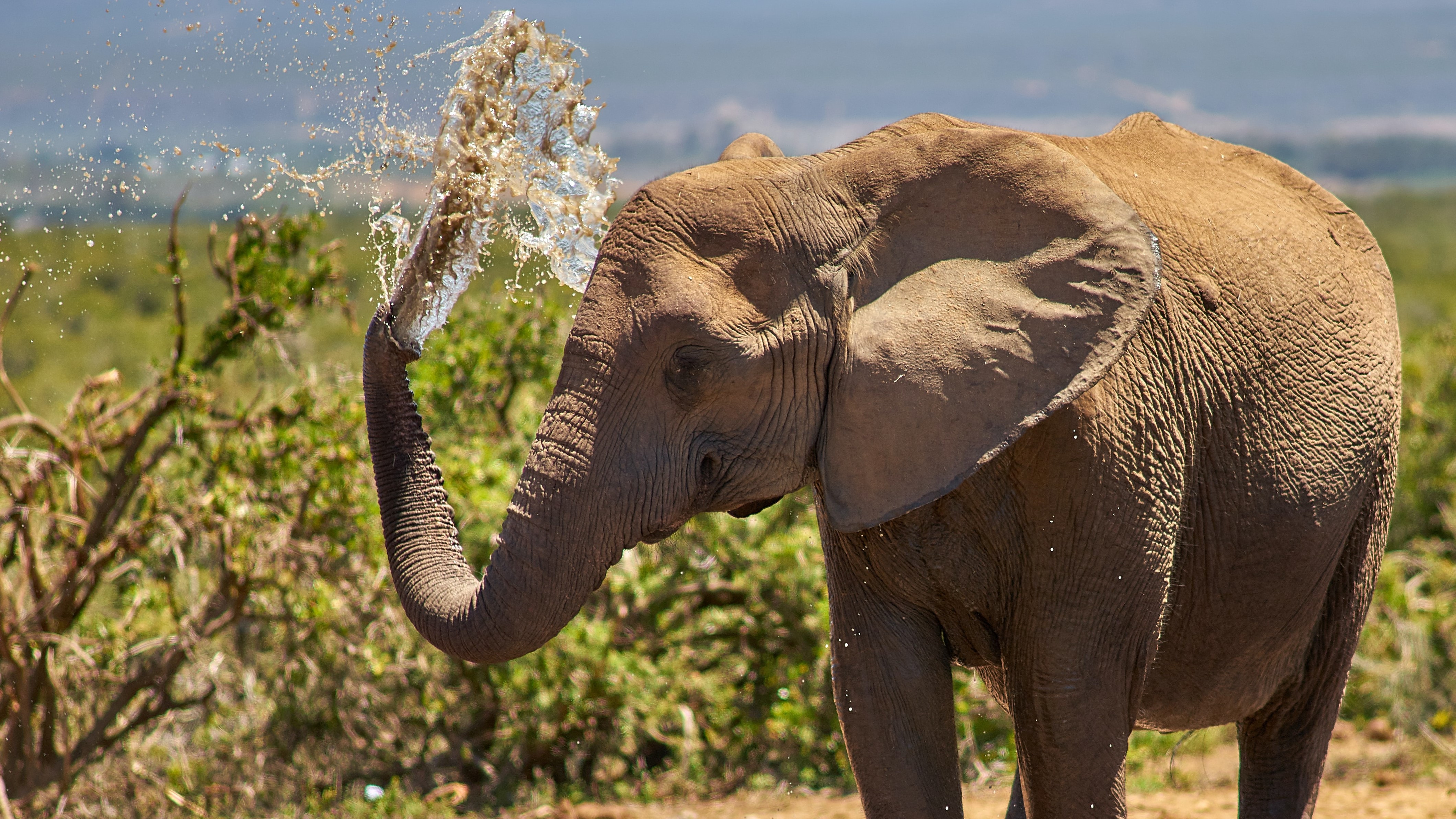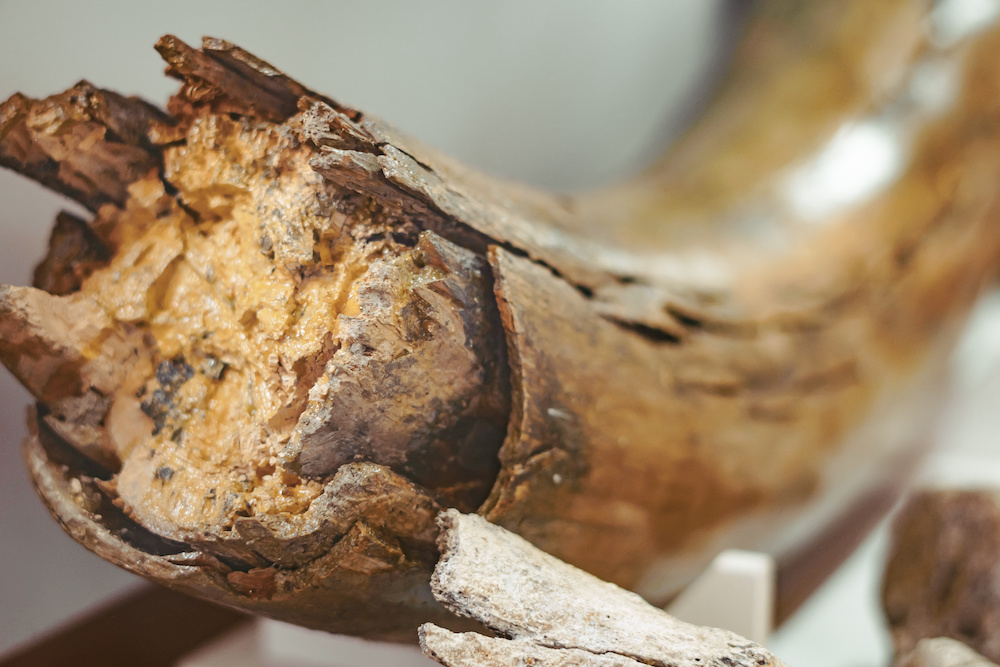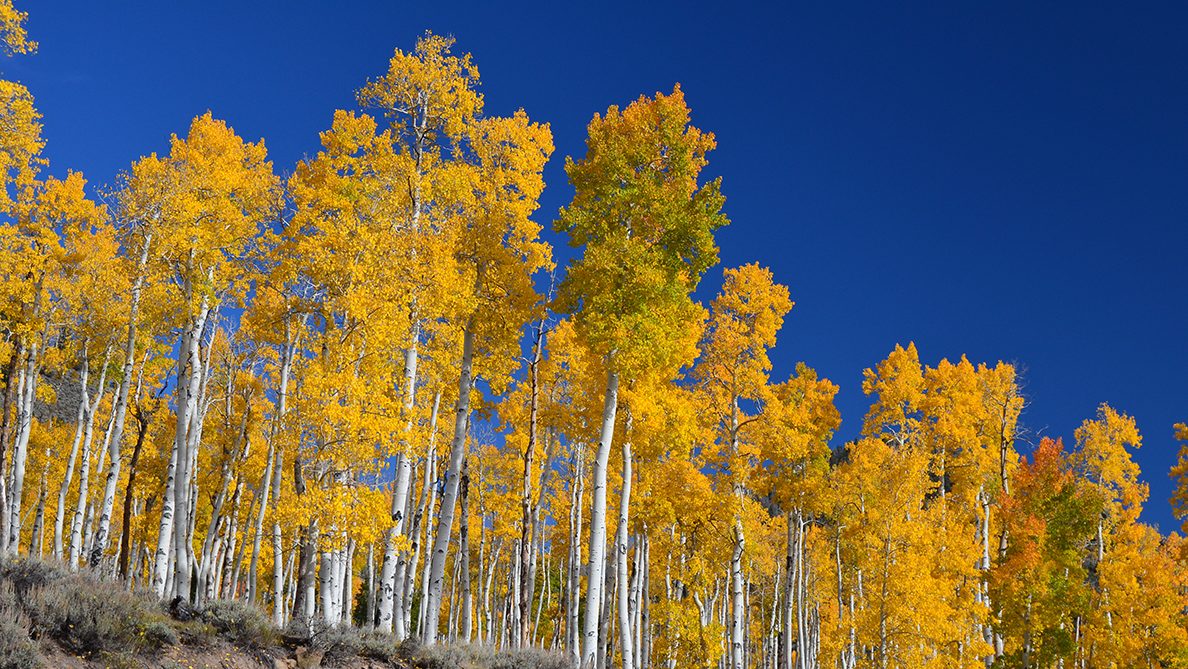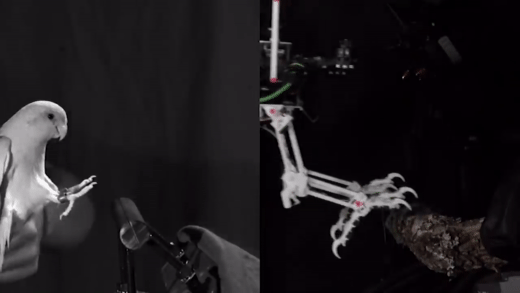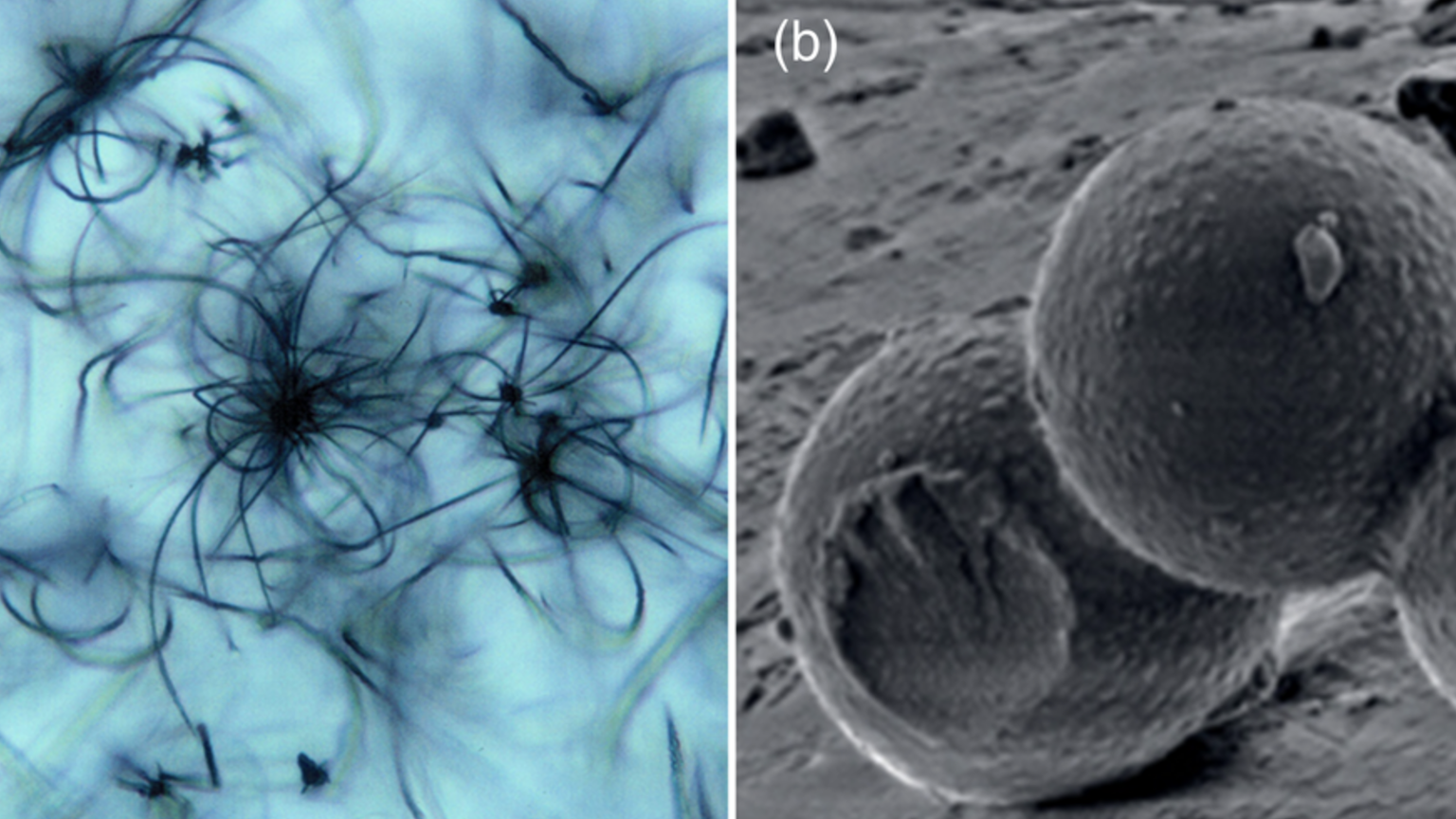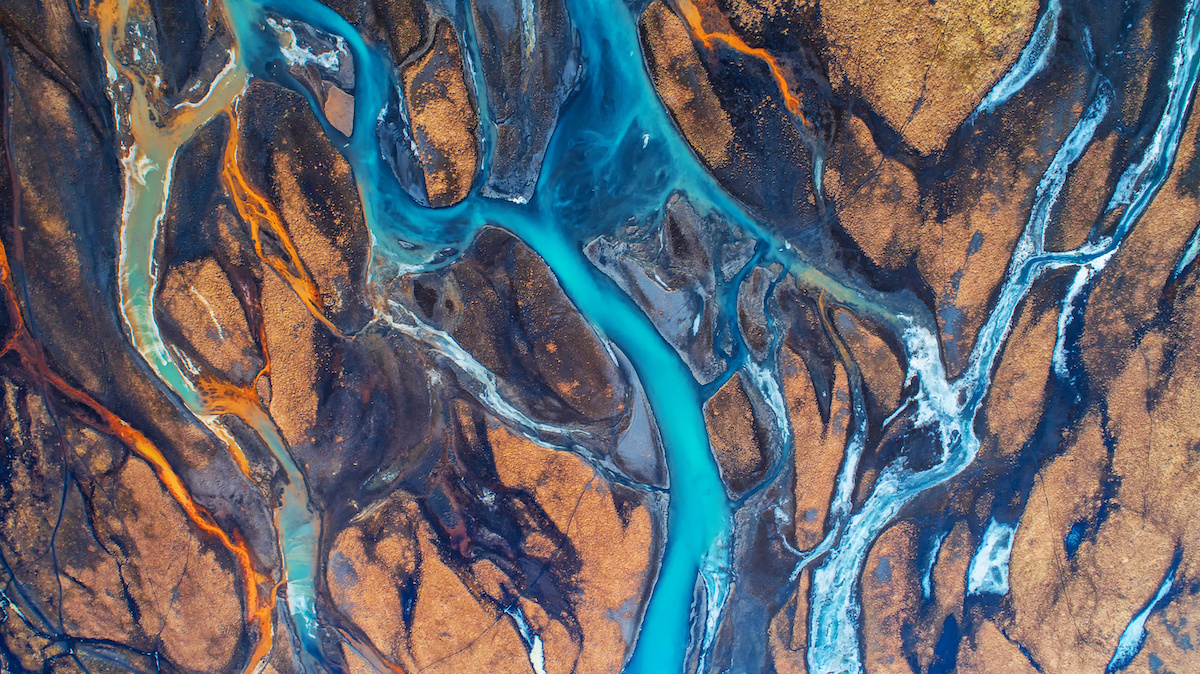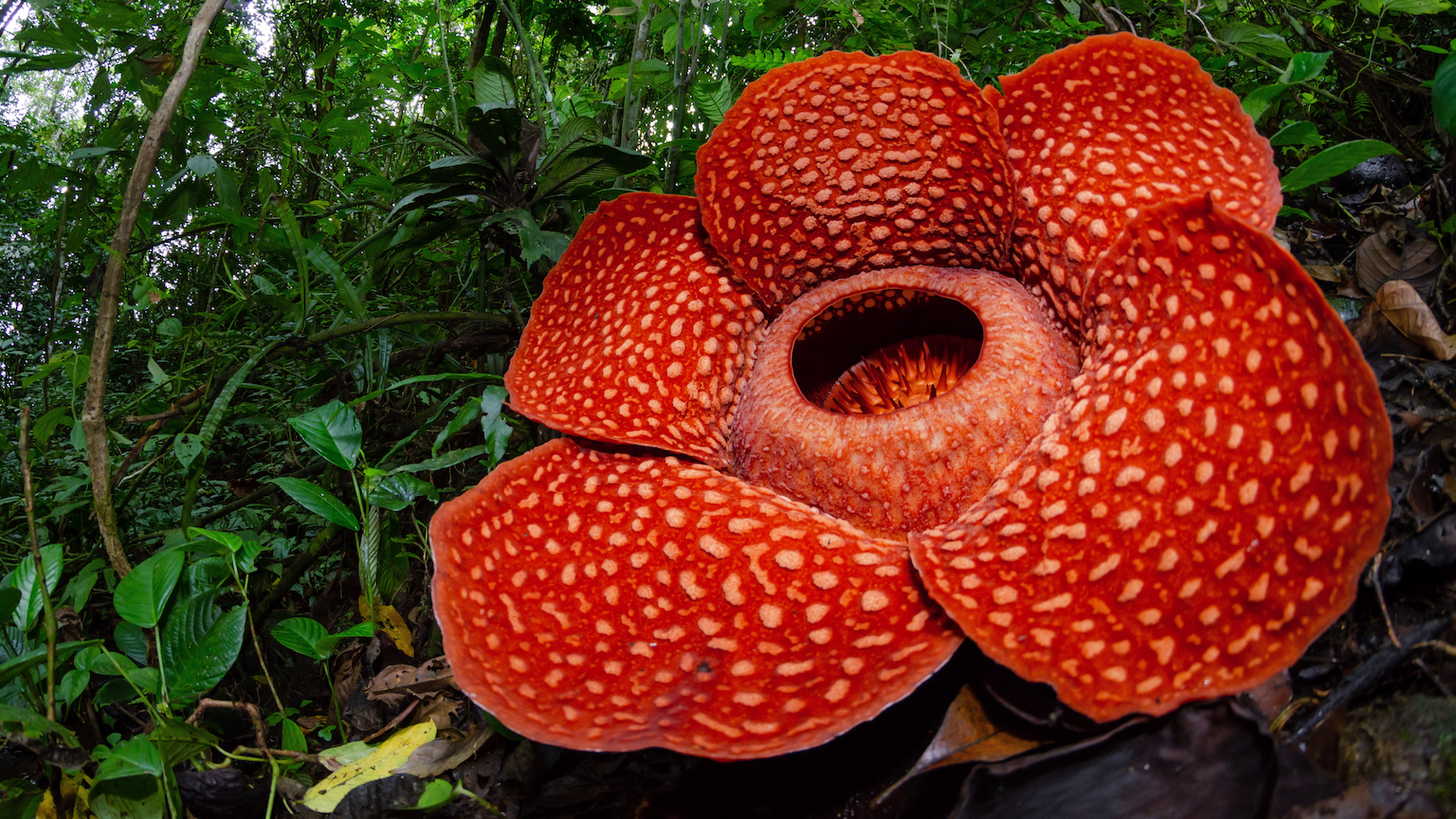environment
The simulation gave researchers some of the first concrete data linking climate change to human evolution and speciation.
Two types of leaves for two different drastic weather conditions.
A floating platform the size of Rome collapsed off of Antarctica.
On Nov. 13, 1946, a scientist dropped crushed dry ice from a plane into supercooled stratus clouds.
Murmurations have no leader and follow no plan.
From crocodiles to birds, certain animals managed to survive some of the worst extinction events in world history.
Can a non-native species be a friend instead of a foe?
The World Air Quality Index shows how clean your city’s air is, in real time.
Two aspects of memory – fast updating and long lasting – are typically considered incompatible, yet the insects combined them.
The paradox of tribalism is that humans need a sense of belonging to be healthy and happy, but too much tribalism is deadly. We are one tribe.
The world’s great whales aren’t just vulnerable where they congregate, but everywhere they roam.
Scientists captured it on footage 1.5 miles below the surface.
To clear Scotland’s roads in winter, the local traffic agency employs heavy machinery with punny names. Can you grit and bear it?
The pulse took just 35 hours to cover the whole world.
Letting nature’s expert engineers lead the way.
Once numbering just 27 birds, the global population of California condors is now in the hundreds.
With around 5,000 summertime residents, increased tourism, and a warming planet, it is becoming difficult to protect Antarctica from invasion.
Whether or not life exists elsewhere in the Universe, we can be assured of one thing: We are the only human beings in the cosmos.
Steel tires may be better for the planet and could replace rubber.
France is split in two by its very own “desert,” the Empty Diagonal. The area’s depopulation is fairly recent, and Paris is to blame.
Many of the furniture giant’s products are named after Swedish locations. Not everyone is happy about that.
Tusks suddenly became a liability, even though in natural circumstances, tusks are very useful.
What was this mammoth tusk doing on the ocean floor 150 miles from land?
Pando, which is Latin for “I spread,” is a single organism spanning some 106 acres.
Drones have a lot to learn from the landing abilities of birds.
Forget little green men: These scientists say we should be more worried about little green germs.
Purely physical and chemical processes can deceive us into thinking that life is present, when it actually is not.
When we try to recreate simpler versions of natural ecosystems, we invariably make mistakes, argues author and biologist Rob Dunn.
Using DNA from samples of extinct flowers, synthetic biologists managed to approximate long-lost floral scents.
Parasites aren’t limited to just worms and ticks. Even some plants like to feed off others — and they perhaps could help fight invasive species.
